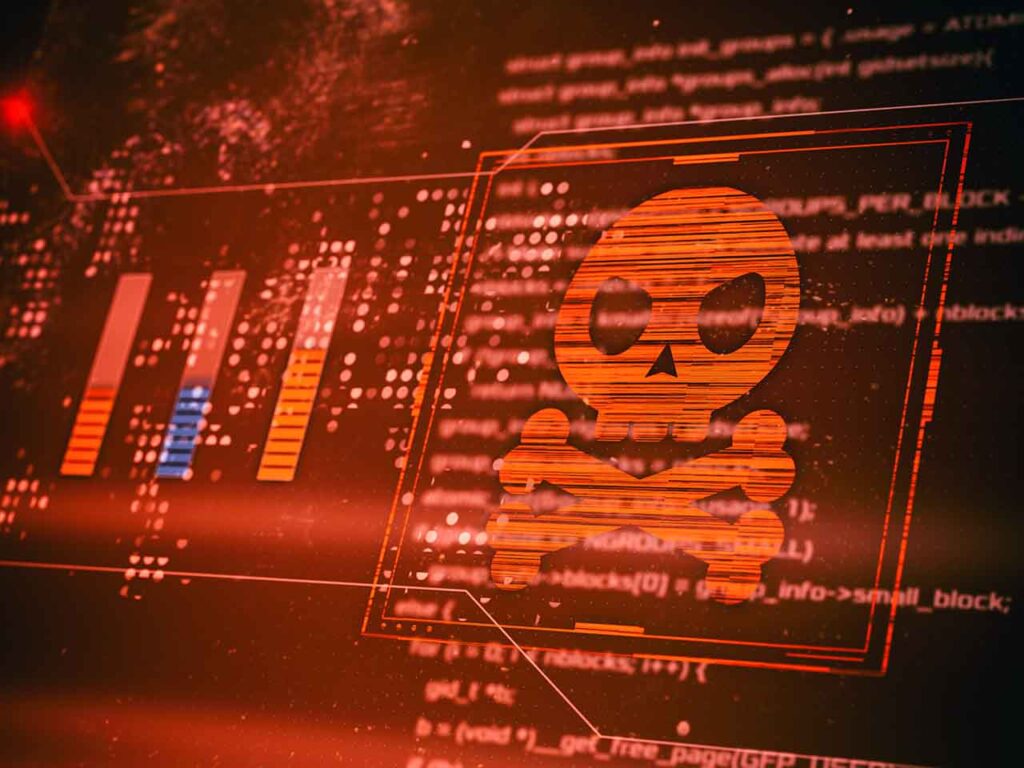On February 19th, 2023, the European Organization for the Safety of Air Navigation (EUROCONTROL) fell victim to a massive cyberattack.
The attack, attributed to the Pro-Russian Killnet group, disrupted air traffic management systems across Europe, causing severe delays and cancellations.
Stay One Step Ahead of Cyber Threats
This article aims to provide a comprehensive analysis of the attack, its impacts, and potential countermeasures to prevent future incidents.
The Pro-Russian Killnet: Who Are They?
The Pro-Russian Killnet is an advanced persistent threat (APT) group known for its affiliation with the Russian government.
They have been involved in numerous high-profile cyberattacks targeting government institutions, critical infrastructure, and private organizations.
Their tactics, techniques, and procedures (TTPs) are characterized by the use of custom malware, spear-phishing campaigns, and zero-day exploits.
How the Eurocontrol Cyberattack Unfolded
Initial Breach and Malware Deployment
The cyberattack began with a spear-phishing campaign targeting EUROCONTROL employees.
The attackers crafted convincing emails with malicious attachments or embedded links that led to a malicious website.
Once the targeted individual opened the attachment or clicked the link, the custom malware was deployed onto their system, allowing the attackers to gain a foothold within the organization’s network.
Lateral Movement and System Compromise
Following the initial breach, the attackers employed various techniques to move laterally within the EUROCONTROL network.
They utilized stolen credentials, privilege escalation, and exploitation of unpatched vulnerabilities to gain access to critical systems.
By doing so, they were able to compromise the organization’s air traffic management systems, causing widespread disruption.
Impacts of the Eurocontrol Cyberattack
Air Traffic Disruptions
The cyberattack on EUROCONTROL had a significant impact on air traffic across Europe.
The compromise of air traffic management systems led to widespread delays and cancellations, affecting thousands of flights and millions of passengers.
The disruptions also had a knock-on effect on related industries, such as airlines, airports, and ground transportation services.
Financial Losses and Reputational Damage
The financial impact of the EUROCONTROL cyberattack was substantial.
The affected parties, including airlines and passengers, incurred significant losses due to flight cancellations and delays.
Additionally, the incident caused reputational damage to EUROCONTROL, as it raised questions about their ability to protect critical infrastructure and ensure the safety of air travel.
Countermeasures to Prevent Future Incidents
Strengthening Cybersecurity Defenses
In the wake of the EUROCONTROL cyberattack, it is crucial for organizations to strengthen their cybersecurity defenses.
This can be achieved by implementing advanced threat detection and response solutions, conducting regular vulnerability assessments, and ensuring timely patching of identified vulnerabilities.
Enhancing Employee Awareness and Training
Spear-phishing campaigns are often the initial entry point for attackers. Organizations must invest in comprehensive security awareness training programs to educate employees on recognizing and reporting phishing attempts.
Regular simulated phishing exercises can also help reinforce the importance of vigilance and preparedness.
Implementing Robust Incident Response Plans
Organizations must develop and maintain robust incident response plans that outline the necessary steps to take in the event of a cyberattack.
These plans should include clear guidelines on identifying, containing, and eradicating threats, as well as steps for recovering systems and restoring normal operations.
Summary
The EUROCONTROL cyberattack serves as a stark reminder of the growing threat posed by advanced persistent threat groups like the Pro-Russian Killnet.
Killnet Hacks U.S. Airports (Video)
"Amateurs hack systems, professionals hack people."
-- Bruce Schneier, a renown computer security professional






